What are the compositions of cosmetic products?
Conclusion: Composition of natural cosmetic products
Can natural cosmetics be effective?
Challenges of Natural Cosmetics
Why choose natural cosmetics?
What is the composition of natural cosmetic products?
Natural cosmetic products are becoming increasingly popular because they use plant-based, natural and organic ingredients that are gentle on the skin and produced in an environmentally friendly way. The composition of natural cosmetics differs from conventional cosmetic products because the focus here is on natural raw materials that come from controlled organic cultivation or are obtained using sustainable processes. In this report, we take a look at the typical ingredients of natural cosmetic products and explain how they are combined to create a product that is both nourishing and environmentally friendly.
1. Water (Aqua)
As in many cosmetic products, water is also the main ingredient in many natural cosmetic products. It serves as a solvent and base to dilute other ingredients and distribute them evenly. Natural cosmetics often use high-quality, pure mineral or distilled water that does not contain any artificial additives. It forms the basis for many liquids such as lotions, shampoos or facial toners.
2. Vegetable oils and butter
Vegetable oils and butters are of central importance in natural cosmetics because they care for, nourish and keep the skin supple. These fats are often obtained from seeds, nuts or fruits of plants. They supply the skin with essential fatty acids and vitamins and form a protective barrier that keeps moisture in the skin.
Hemp oil: protects your skin from external influences and makes it strong
Shea butter: Particularly suitable for sensitive and dry skin as it soothes the skin and provides it with important nutrients.
Argan oil: Often used because of its regenerating effect on the skin and its high content of unsaturated fatty acids.
3. Emulsifiers
Natural cosmetic products often consist of a mixture of oil and water, and emulsifiers ensure that these two substances remain connected. Emulsifiers prevent oil and water from separating and ensure that the consistency of the product remains stable. Plant-based or natural emulsifiers such as lecithin or cera alba (beeswax) are often used in natural cosmetics.
Lecithin: A vegetable emulsifier obtained from soy or sunflower that has a moisturizing effect.
Beeswax: Often used as an emulsifier in lip care products and also has a protective effect.
4. Alcohols and sugar substitutes
Natural cosmetic products also use mild alcohols and sugars to improve the texture and moisturize the skin. This involves using plant-based raw materials that have a less drying effect than conventional alcohols.
Glycerin: A plant-based moisturizer derived from vegetable oils or sugars. It attracts moisture and helps keep the skin hydrated.
5. Active ingredients from the plant world
Active plant ingredients are at the heart of natural cosmetics, as they give the products their skin-care and healing properties. They are rich in vitamins, minerals and antioxidants and can specifically nourish, regenerate and protect the skin. The best-known plant-based active ingredients include:
Aloe Vera: Known for its soothing and moisturizing properties, it helps relieve skin irritation and has a cooling effect.
Chamomile: Has an anti-inflammatory and soothing effect, ideal for sensitive or irritated skin.
Hemp oil: Rich in vitamin C and essential fatty acids, it promotes skin regeneration and rejuvenates the skin.
6. Essential oils and fragrances
In natural cosmetics, essential oils are used to add fragrance to products, but also to enhance their effects. Essential oils often have healing properties and can help combat skin problems such as acne or dryness. They are an important ingredient in many skin care products and have a positive effect not only on the skin but also on emotional well-being.
Lavender oil: Has a calming effect and promotes skin regeneration.
Tea tree oil: Known for its antibacterial properties, especially for skin blemishes.
Rosemary oil: Has circulation-stimulating and anti-inflammatory properties.
7. Preservatives
Since natural cosmetic products generally rely on natural ingredients that are more sensitive to microbial contamination, preservatives are also necessary here. However, natural cosmetics often use gentler, less aggressive alternatives to synthetic preservatives.
Essential oils: Many essential oils have natural antimicrobial properties and therefore act as gentle preservatives.
Alcohol (e.g. ethanol): Can be used as a preservative and to stabilize products.
8. Additional ingredients
In addition to the main ingredients mentioned above, other ingredients are also used in natural cosmetics, such as clay, sea salt or bamboo powder, which can be used as gentle peeling agents, for cleansing or to tighten the skin.
Clay: Used in masks and cleansers to absorb excess oil and detoxify the skin.
Sea salt: Often used in scrubs to exfoliate the skin and stimulate blood circulation.
Conclusion: Composition of natural cosmetic products
The composition of natural cosmetic products is based on a careful selection of plant-based, organic and natural ingredients that care for, regenerate and protect the skin. Water, plant oils, natural emulsifiers and active ingredients from the plant world form the basis for most products. Care is always taken to avoid synthetic substances that could irritate the skin and to protect the environment through sustainable production and packaging. Anyone who uses natural cosmetics can be sure that the products are not only good for the skin, but are also produced in harmony with nature.
Can natural cosmetics be effective?
Yes, natural cosmetics can be very effective, but their effectiveness depends on various factors, such as the quality of the ingredients, the correct application and the skin type of the user. Natural cosmetic products rely on natural, plant-based and often organic ingredients that have proven nourishing and healing properties. However, it is important to understand that natural cosmetics do not always deliver immediate, dramatic results like some synthetic products, as they work in a gentle, sustainable way. Here are some aspects that influence the effectiveness of natural cosmetics:
1. Natural ingredients with proven effects
Many plant substances, essential oils and natural extracts have proven themselves in skin care over centuries and are also scientifically recognized.
Examples are:
Hyaluronic acid: A natural moisturizer that makes skin appear plumper and smoother.
Aloe Vera: Soothes and nourishes irritated skin.
Chamomile: Has anti-inflammatory and soothing properties.
Jojoba oil: Is known for its antibacterial effect and is often used in products against skin impurities.
2. Long-term skin health
Natural cosmetics often take a holistic approach. Instead of achieving quick, often superficial results, they promote long-term skin health. By avoiding synthetic additives such as parabens, silicones or microplastics, the skin is not burdened with harmful substances. This strengthens the skin barrier and helps it to perform its natural functions better.
3. Less skin irritation and side effects
Another advantage of natural cosmetics is that they generally cause less skin irritation because they do not contain any aggressive synthetic chemicals. Natural ingredients are often better tolerated, especially by people with sensitive skin or allergies.
4. Versatility and individual adaptation
The variety of natural cosmetic products makes it possible to tailor them precisely to the needs of the skin. There is a wide selection, from products for dry, oily, sensitive or mature skin to special care needs such as acne or pigment spots. Natural active ingredients such as plant oils, herbal extracts and vitamins can be used specifically for different skin problems.
5. Sustainability and Ethics
Another aspect that supports the effectiveness of natural cosmetics is the focus on sustainability. Many natural cosmetics manufacturers follow strict environmental and ethical guidelines. This includes the use of biodegradable packaging, fair trade practices and no animal testing. When these values are aligned with skin care needs, the feeling of effectiveness is often reinforced by trust in the brand and its values.
Challenges of Natural Cosmetics
Despite the many positive aspects, there are also challenges:
Slow results: Some natural cosmetic products work more slowly than conventional, synthetic products. For very specific skin problems such as deep wrinkles or severe acne, it may take longer for visible changes to occur.
Higher costs: Products based on high-quality, organic ingredients can be more expensive to produce, which sometimes translates into higher prices.
Limited choice for specific skin problems: While the selection of natural cosmetics for general skin care is large, there are still limitations in certain areas (e.g. dermatological treatments).
Why choose natural cosmetics?
Natural cosmetics can be very effective if they are used correctly and tailored to the individual needs of the skin. They offer a gentle, sustainable and often better tolerated alternative to conventional cosmetic products. If you are patient and use high-quality products, natural cosmetics can deliver impressive results in long-term care. Natural cosmetics can be an excellent choice, especially for people with sensitive skin, environmental awareness or specific skin problems that require gentle care.



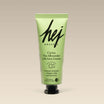

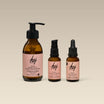


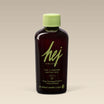

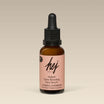
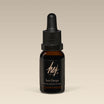
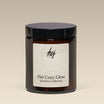
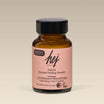

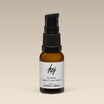
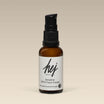
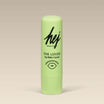

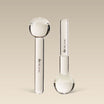

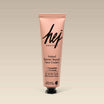
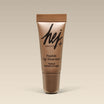
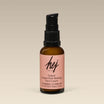
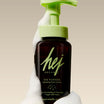

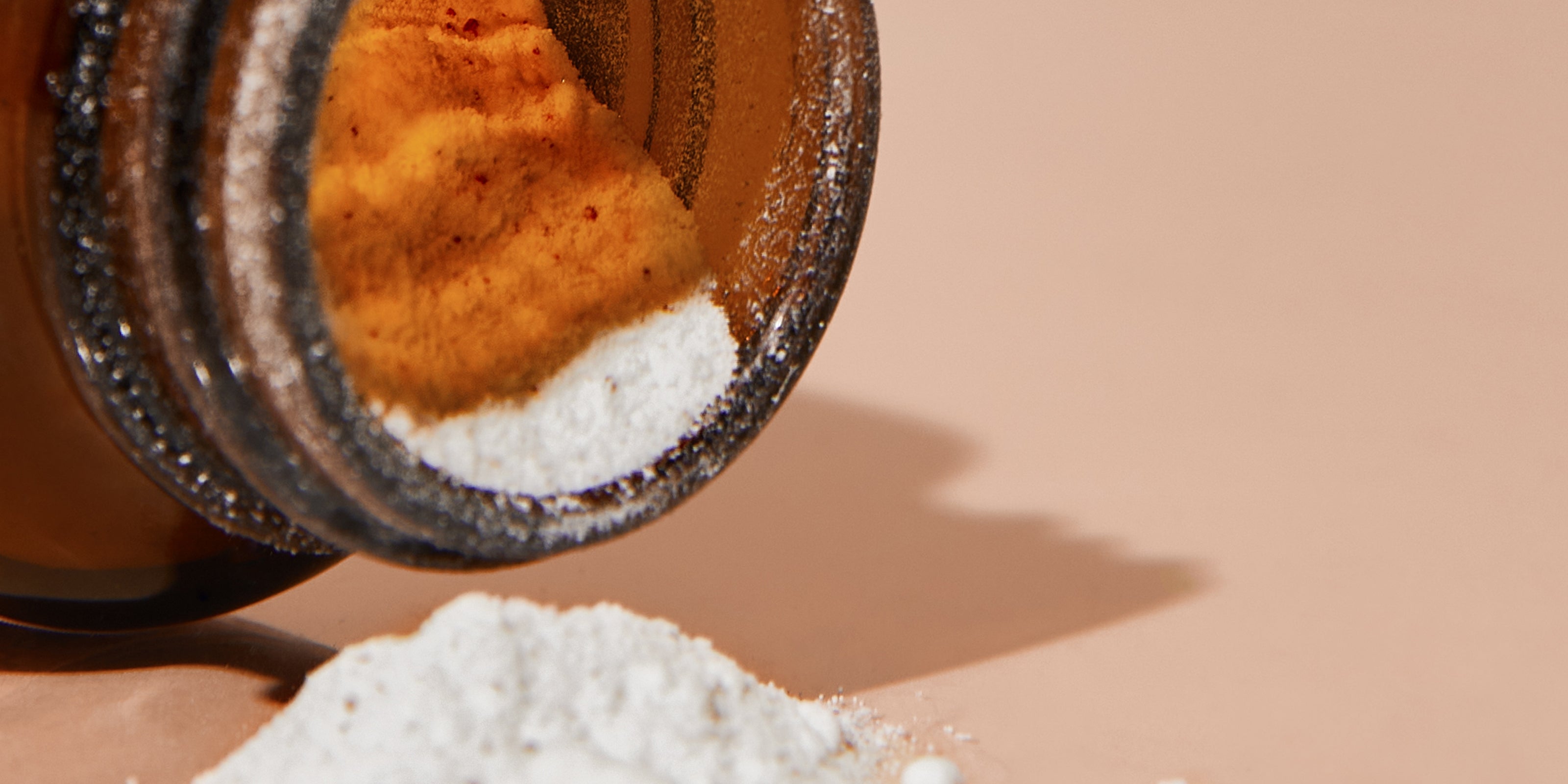

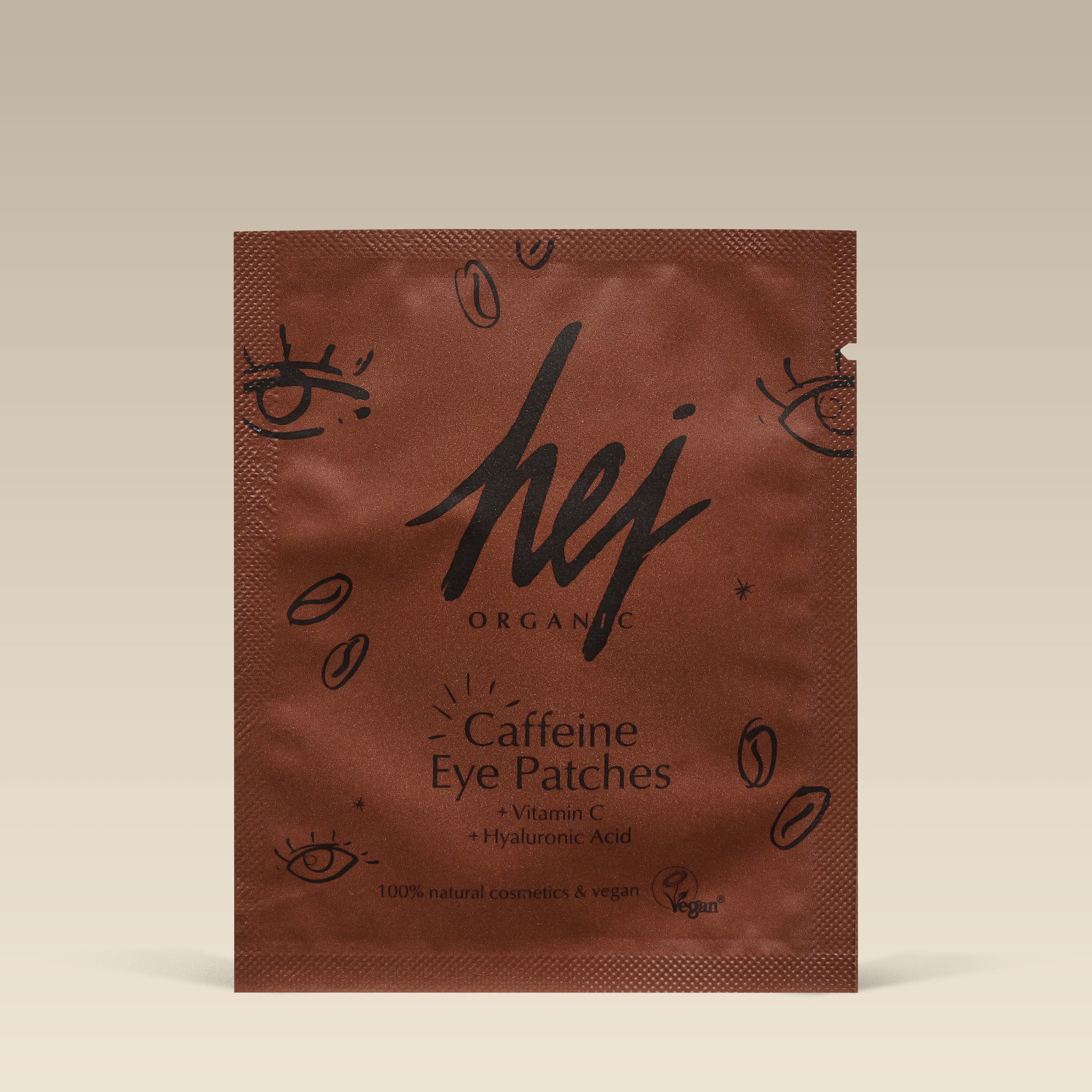
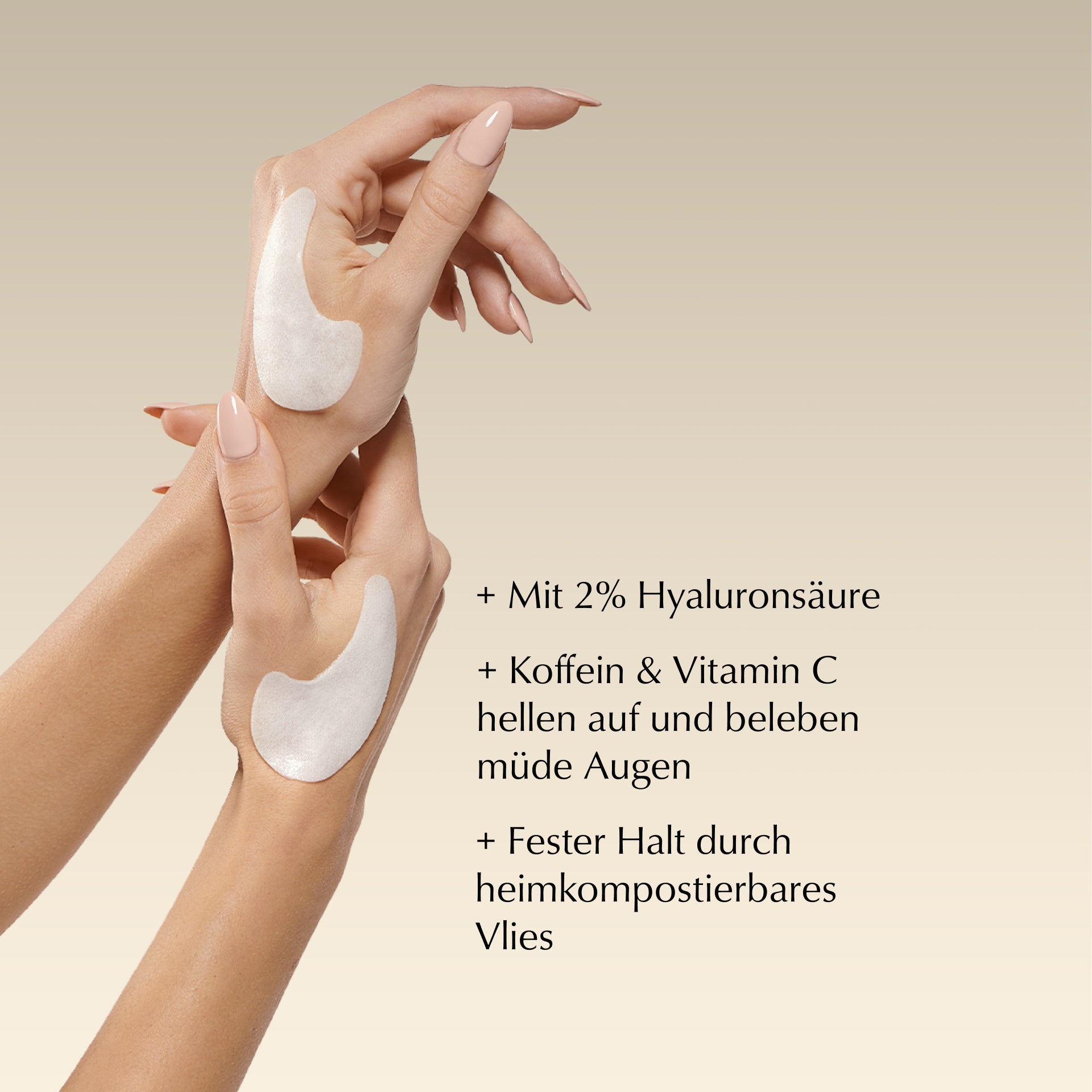
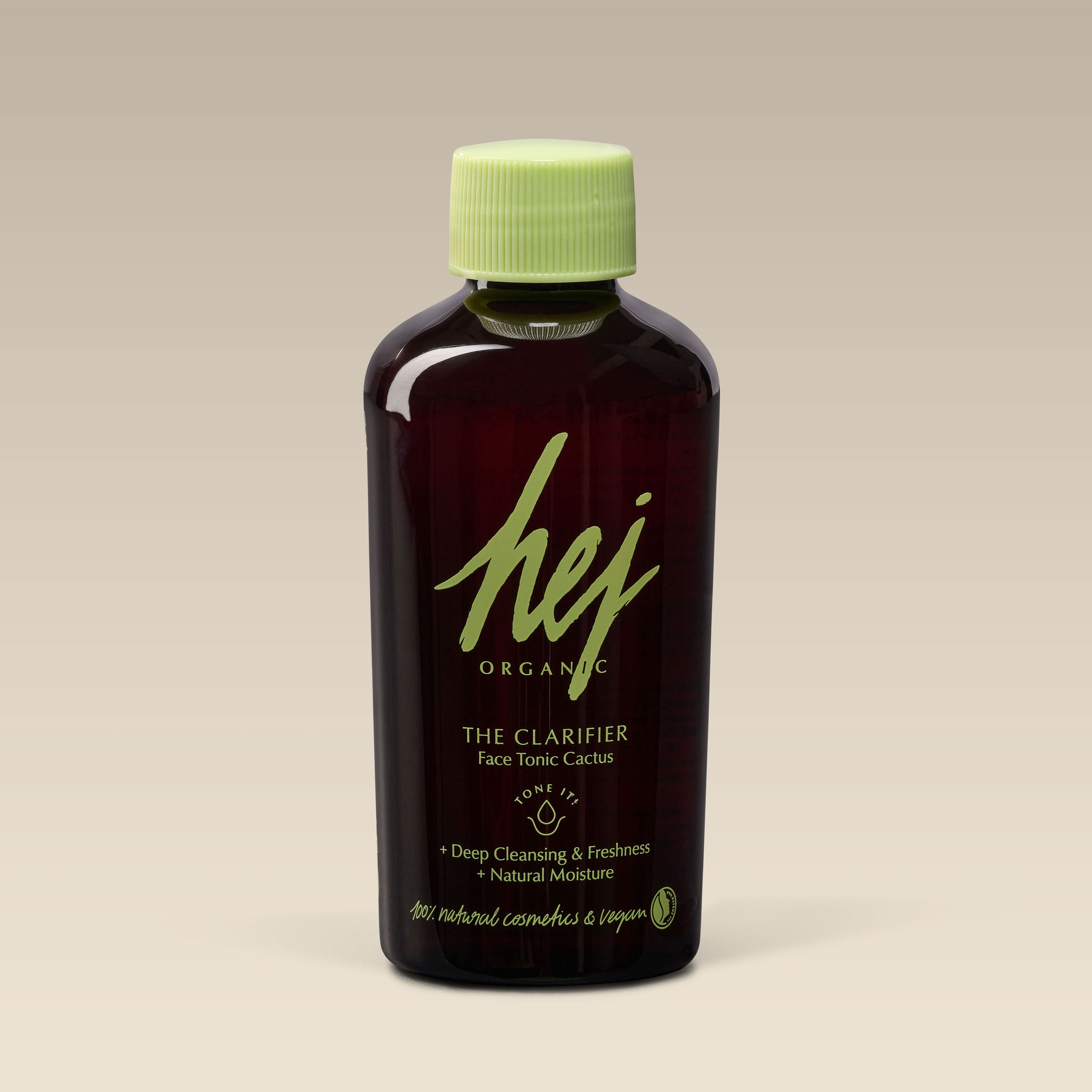
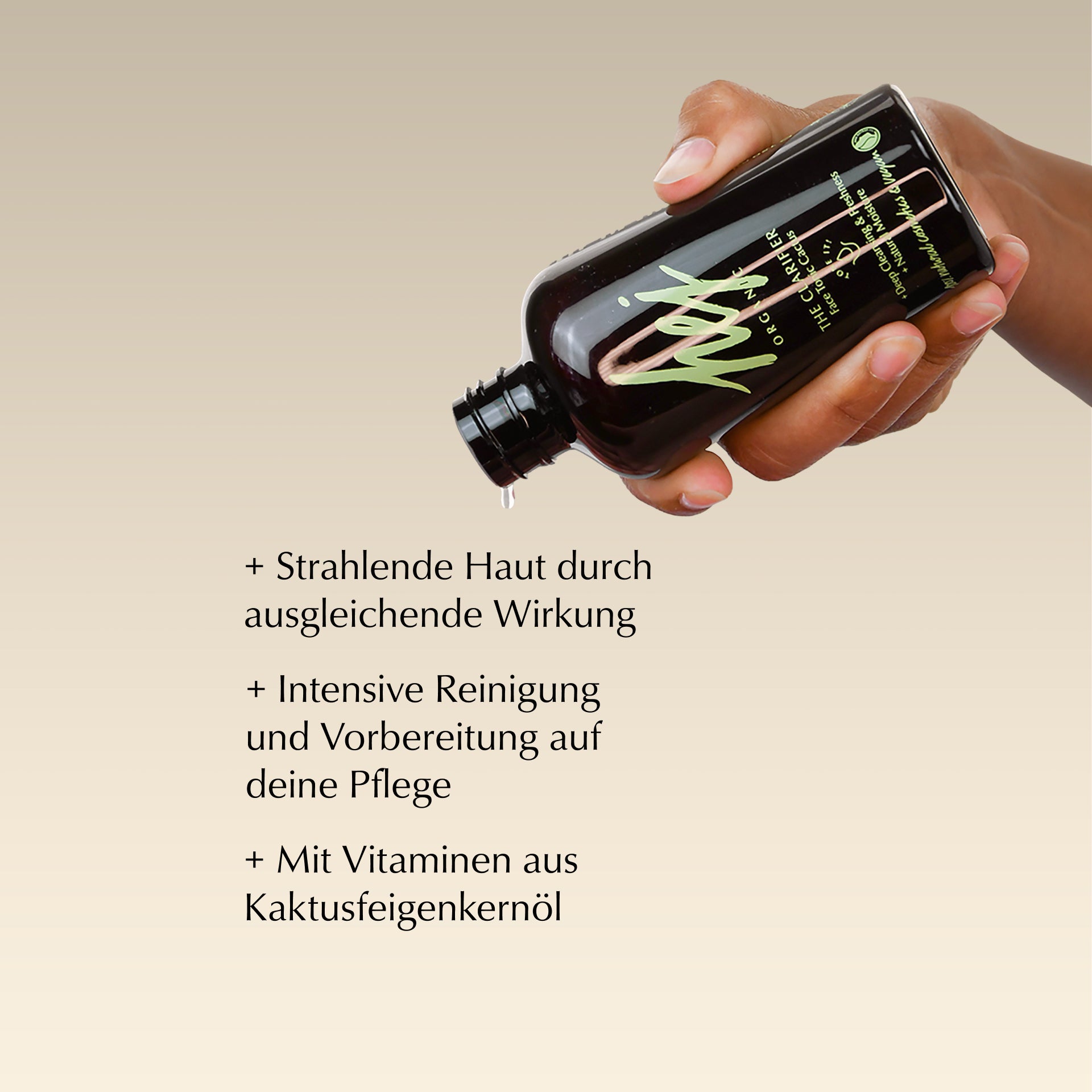
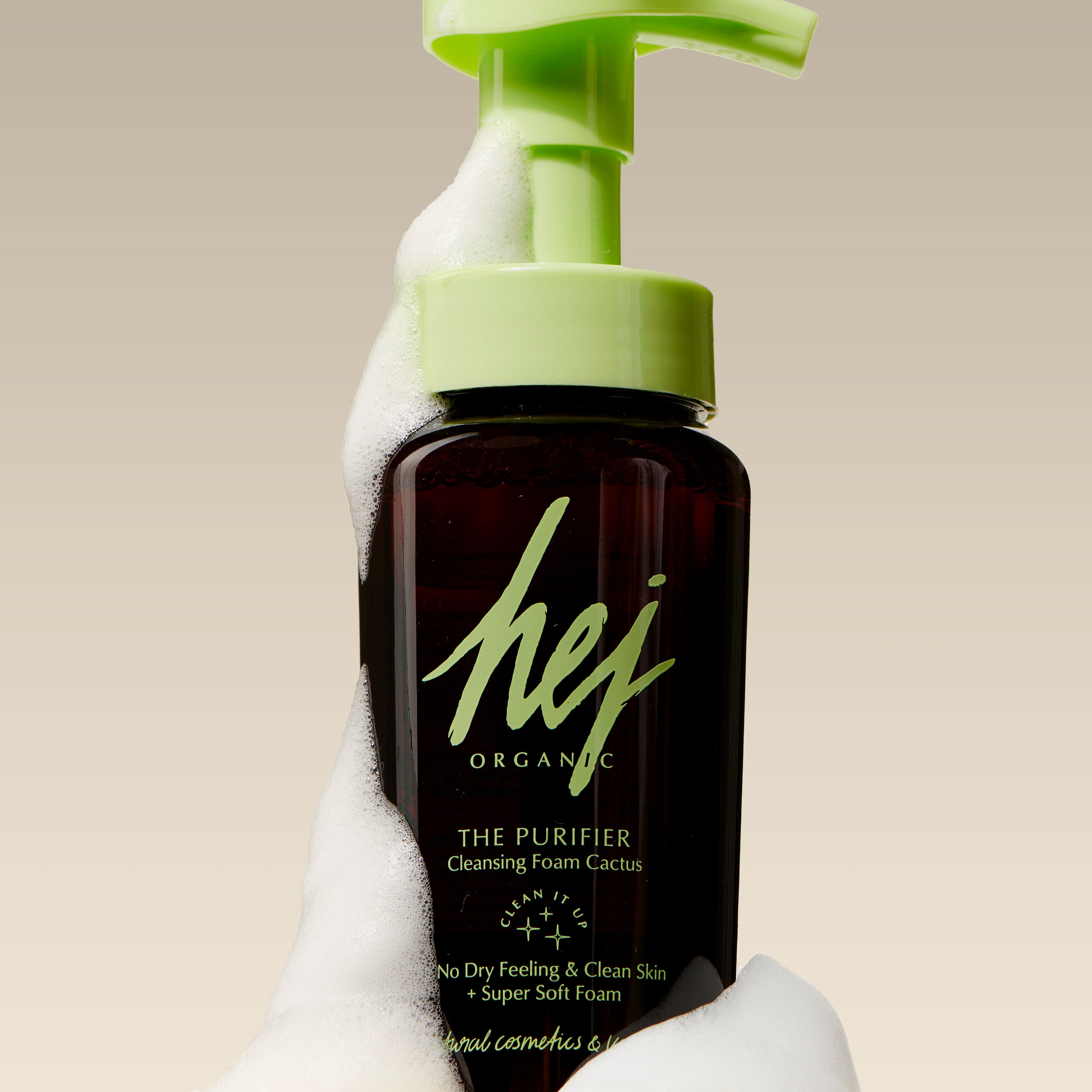
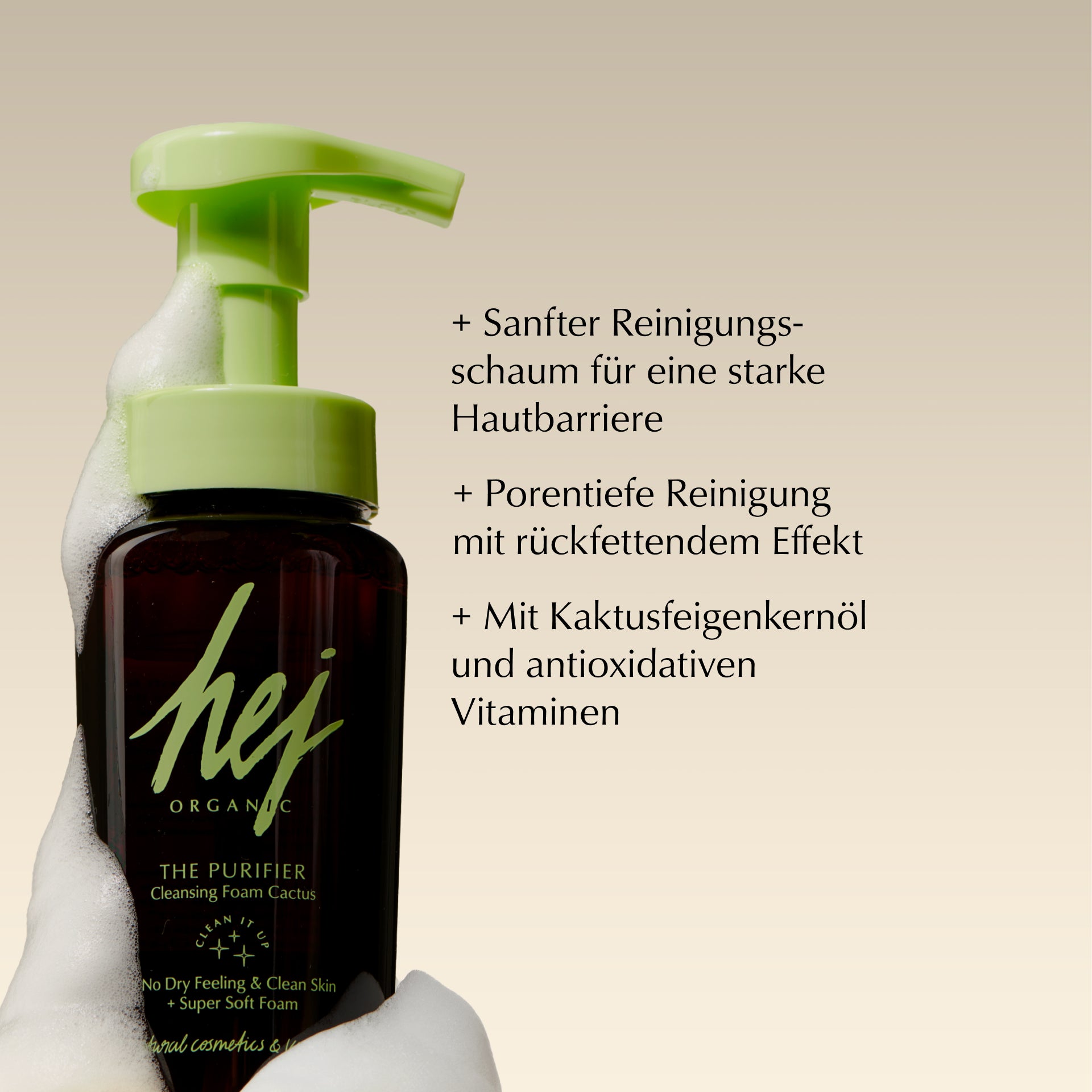
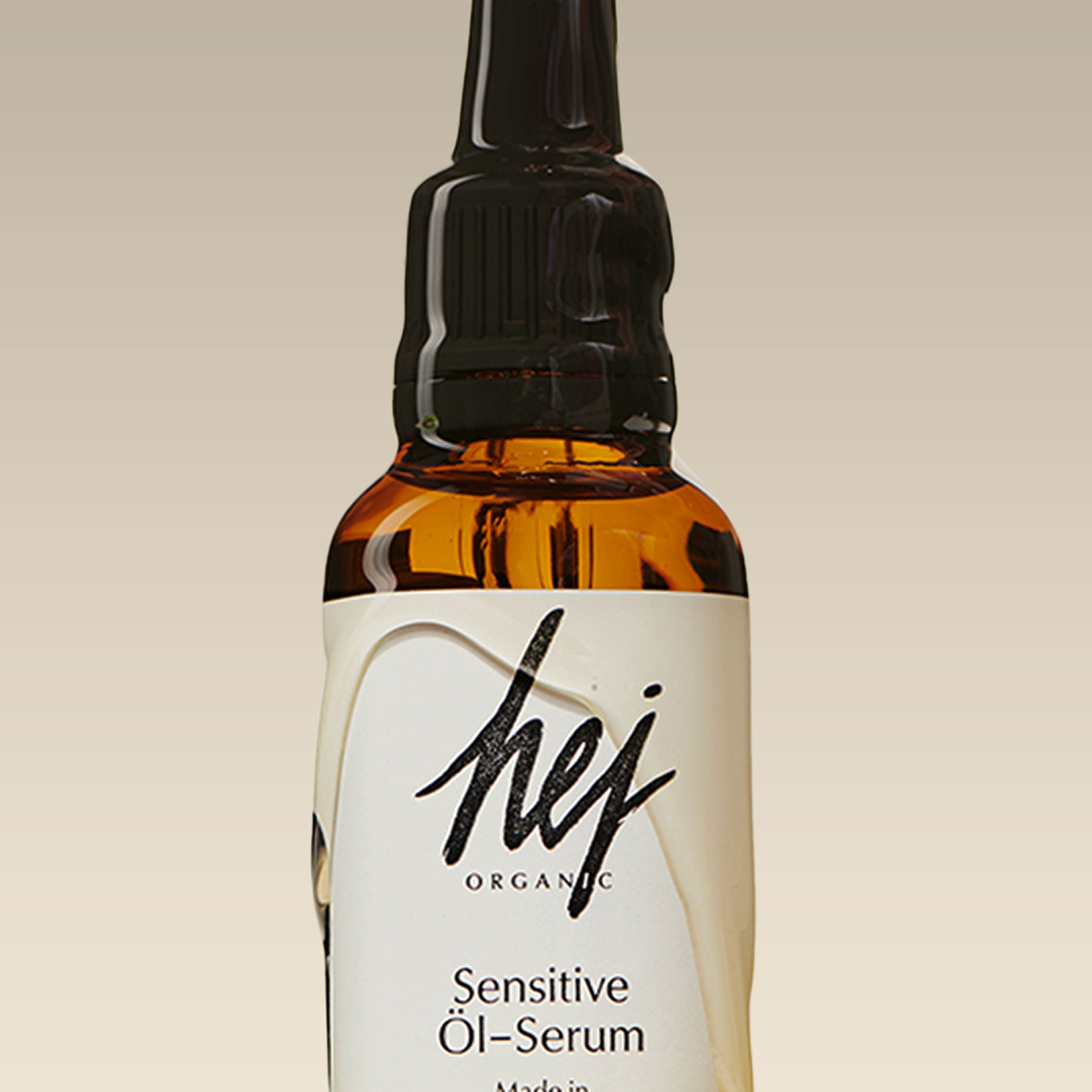
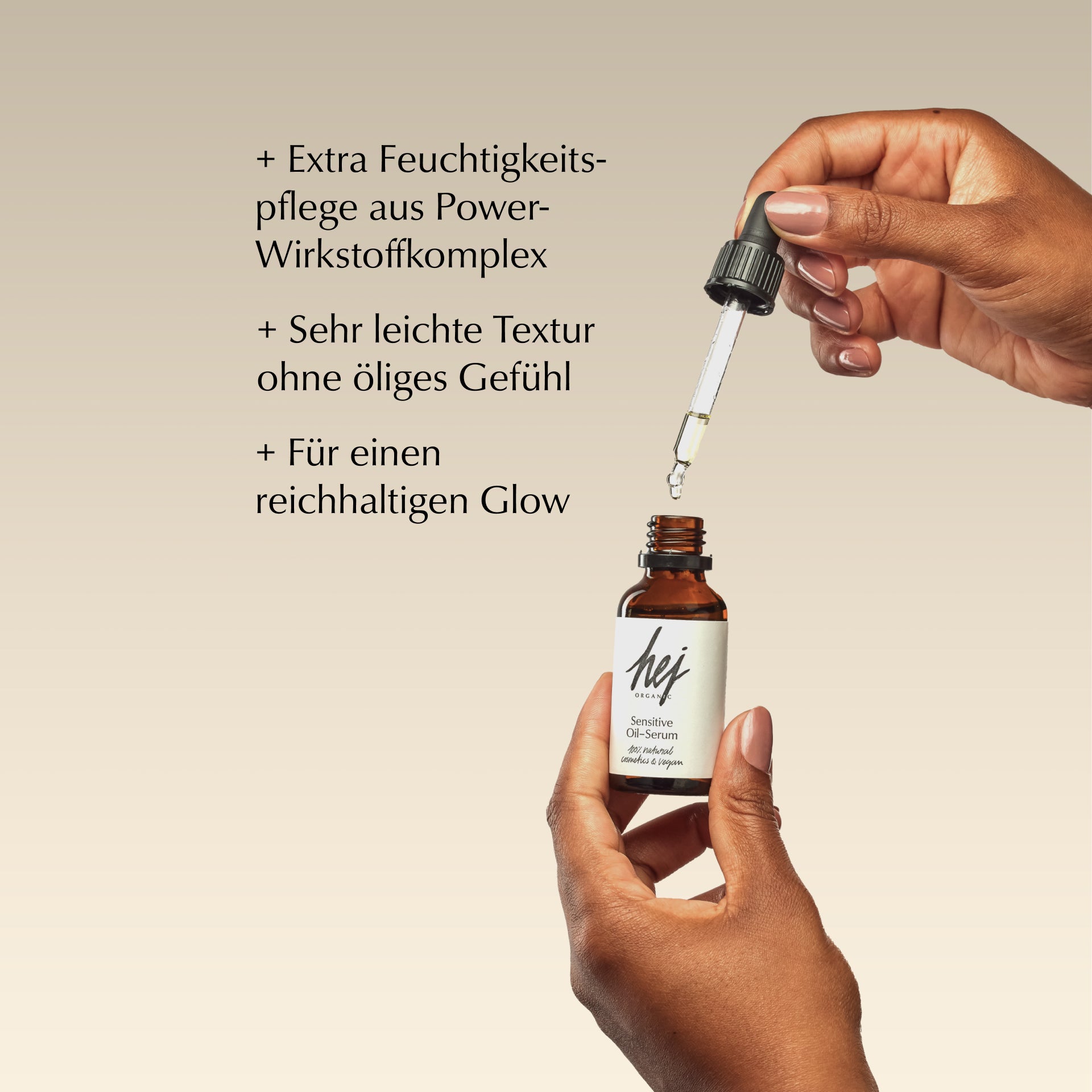
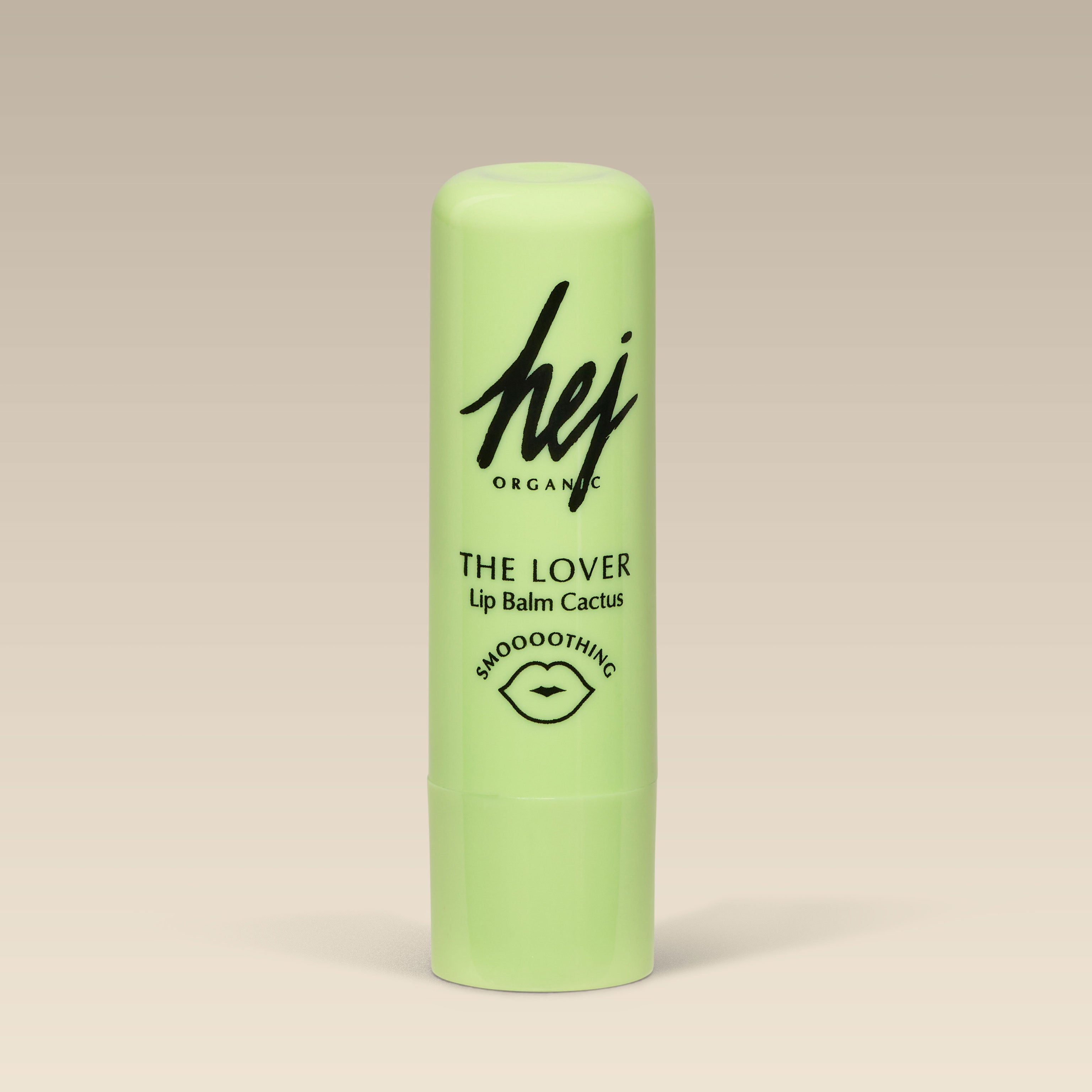

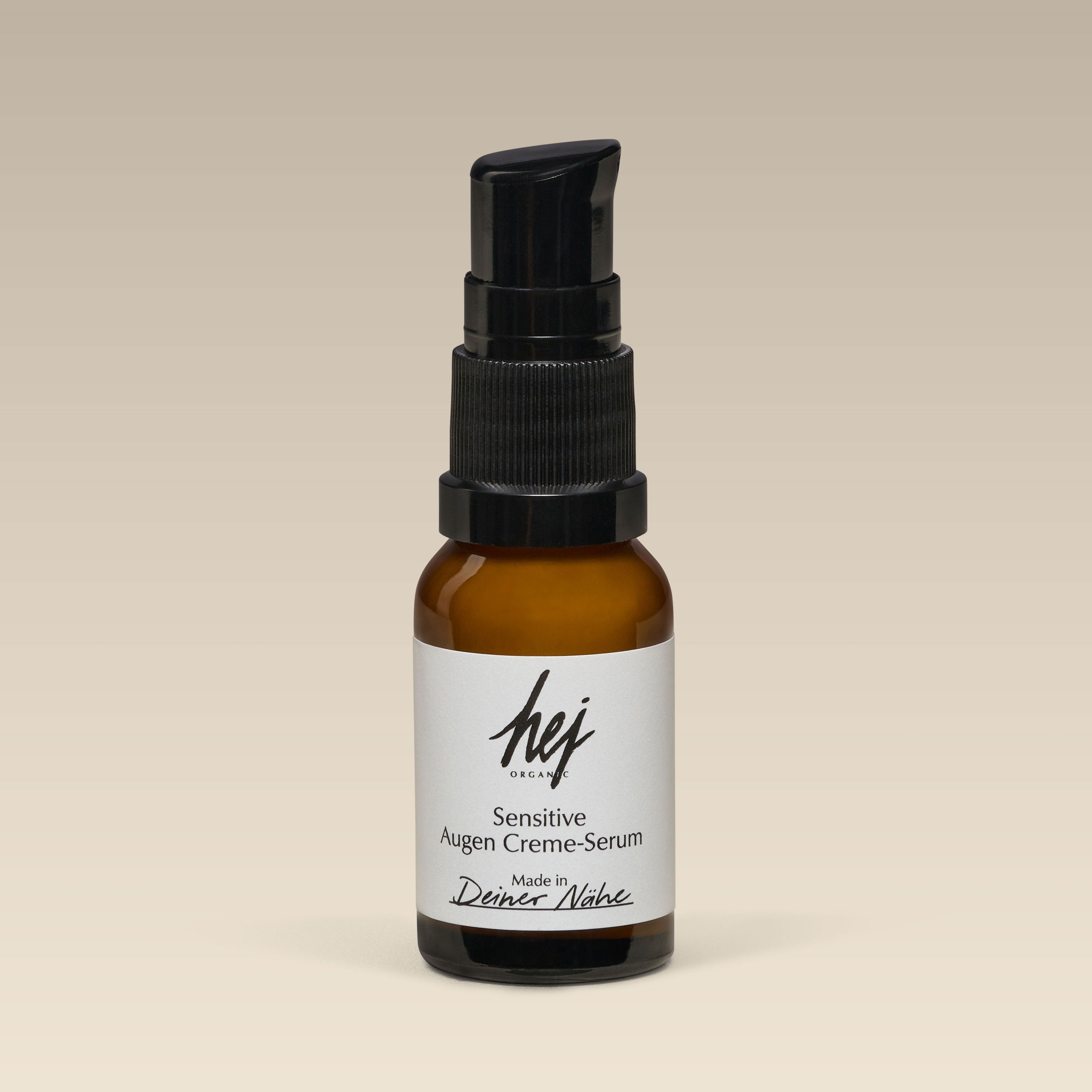
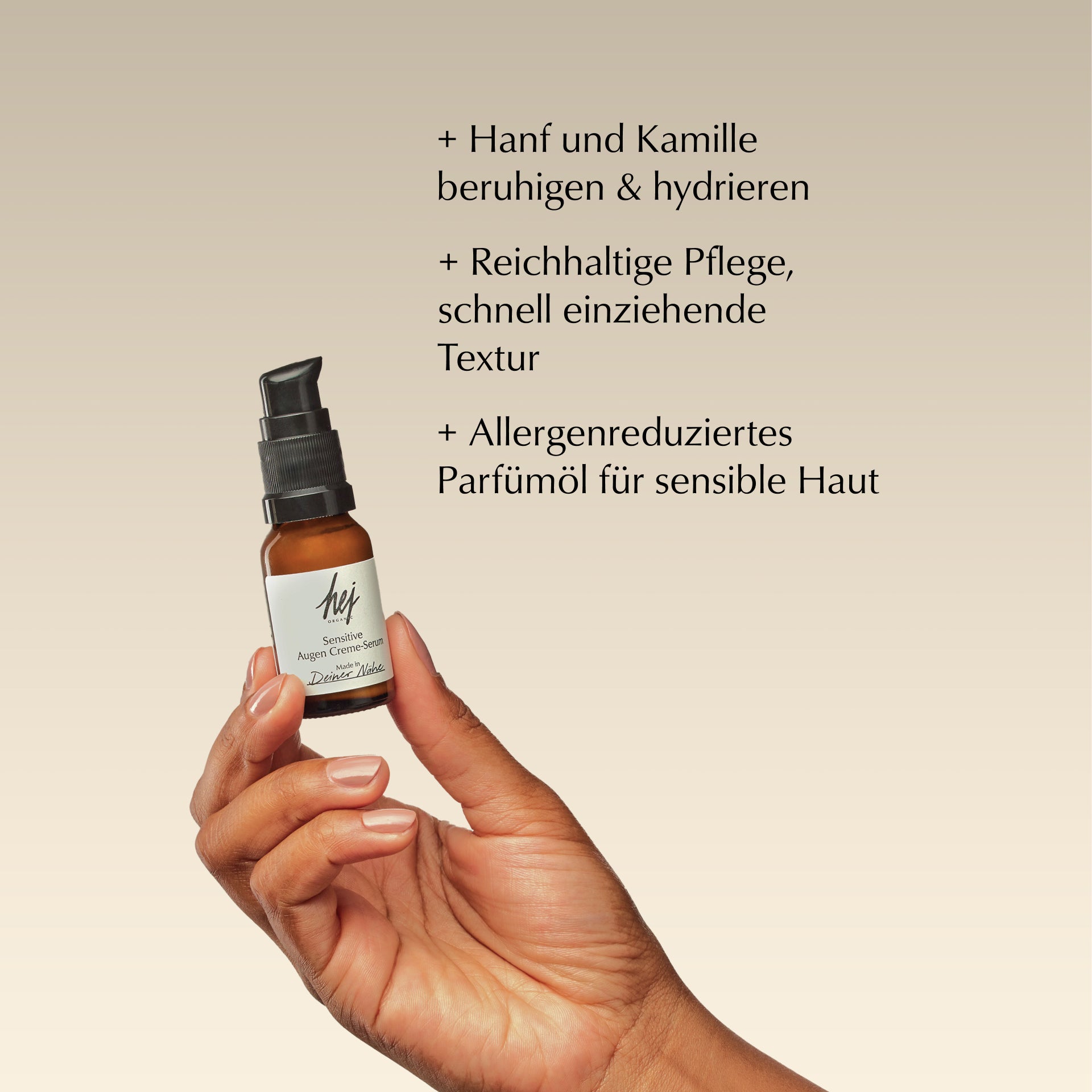
Leave a comment
This site is protected by hCaptcha and the hCaptcha Privacy Policy and Terms of Service apply.